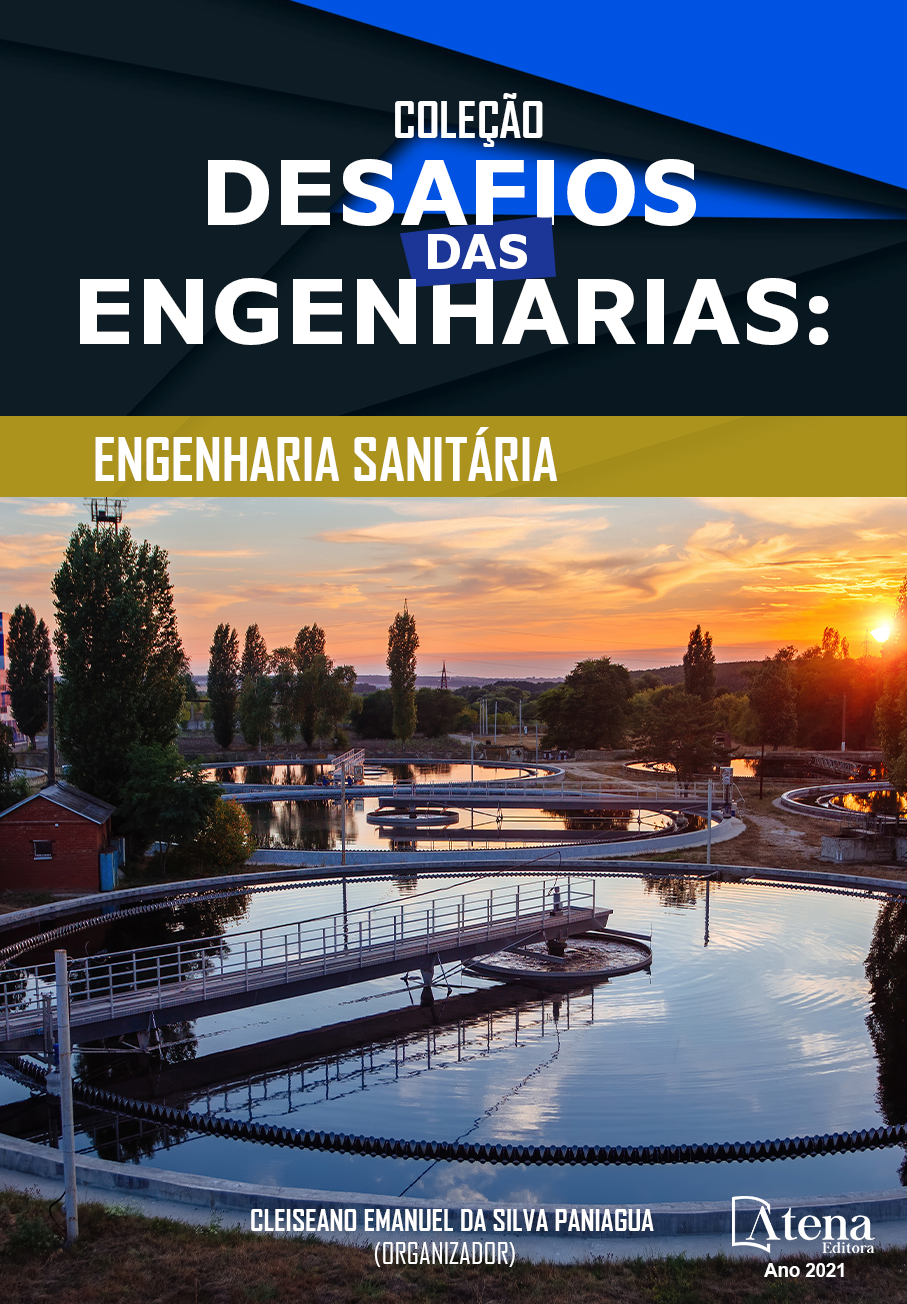
PROPOSIÇÃO DE UM SISTEMA DE TRATAMENTO DE EFLUENTES EM UMA UNIDADE DE RECICLAGEM DE PLÁSTICOS NO MUNICÍPIO DE TRINDADE, GOIÁS
A água residual advinda do processo de lavagem do material plástico possui alta carga poluidora, que se disposta no meio ambiente sem prévio tratamento, pode causar danos à saúde humana e aos sistemas naturais. Para a seleção do tratamento é preciso realizar uma série de estudos, para então, selecionar o tratamento adequado. Diante disso, o presente trabalho teve como objetivo propor uma alternativa de baixo custo de implantação e operação para tratamento de efluentes gerados nas lavagens de embalagens plásticas de diversas origens. A empresa de reciclagem selecionada, atua do segmento da reciclagem mecânica de plásticos tipo Polipropileno (PP), Polietileno de Alta Densidade (PeAD) e Politereftalato de Etileno (Pet), matéria prima utilizada na fabricação de garrafas de refrigerante, embalagens de alimentos, produtos de limpeza e frascos de óleo lubrificante. Para a caracterização do efluente gerado e o monitoramento do tratamento instalado na empresa, foi realizada uma amostragem em três pontos distintos do processo de produção. O efluente apresentou altas concentrações de DBO, DQO, sólidos dissolvidos, sólidos totais, óleos e graxas, além da presença de coliformes fecais e escherichia coli. O sistema de tratamento proposto é composto por peneira, caixa separadora de água e óleo, dois tanques sépticos dispostos em série e dois sumidouros em paralelo. Para a análise da qualidade do tratamento proposto, comparou-se os resultados com os limites máximos regulamentados pela Resolução do CONAMA 430/2011, e pela empresa de saneamento do município. O sistema de tratamento proposto apresentou alta remoção na maioria dos parâmetros analisados, 84% de eficiência para DBO, 51% para DQO, 94,4% para sólidos suspensos e 97,8% para óleos e graxas. Dessa forma, verificou-se que o sistema de tratamento proposto mostrou ser uma ótima alternativa para o tratamento do efluente gerado na lavagem de material plástico da empresa de reciclagem em estudo.
PROPOSIÇÃO DE UM SISTEMA DE TRATAMENTO DE EFLUENTES EM UMA UNIDADE DE RECICLAGEM DE PLÁSTICOS NO MUNICÍPIO DE TRINDADE, GOIÁS
-
DOI: 10.22533/at.ed.2552130068
-
Palavras-chave: Água residuária; polímero; estação de tratamento; efluente industrial; efluente doméstico.
-
Keywords: Residuary water; polymer; treatment station; industrial effluent, domestic effluent.
-
Abstract:
The residual water coming from the washing process of the plastic material has a high polluting load, which if disposed in the environment without previous treatment, can cause damages to human health and natural systems. For the selection of the treatment it is necessary to perform a series of studies, in order to then select the appropriate treatment. In view of this, the present work aimed to propose an alternative of low cost implantation and operation for the treatment of effluents generated in the washing of plastic packages of various origins. The selected recycling company operates in the segment of mechanical recycling of plastics such as Polypropylene (PP), High Density Polyethylene (HDPE) and Polyethylene Terephthalate (Pet), raw material used in the manufacture of soft drink bottles, food packaging, cleaning products and bottles of lubricating oil. For the characterization of the effluent generated and the monitoring of the treatment installed in the company, a sampling was performed in three different points of the production process. The effluent presented high concentrations of DBO, DQO, dissolved solids, total solids, oils and greases, besides the presence of fecal coliforms and escherichia coli. The proposed treatment system is composed of a sieve, a water and oil separator box, two septic tanks arranged in series and two sinks in parallel. For the analysis of the quality of the proposed treatment, the results were compared with the maximum limits regulated by the Resolution of CONAMA 430/2011, and by the sanitation company of the municipality. The proposed treatment system showed high removal in most parameters analyzed, 84% efficiency for DBO, 51% for DQO, 94.4% for suspended solids and 97.8% for oils and greases. This way, it was verified that the proposed treatment system proved to be a great alternative for the treatment of the effluent generated on the plastic material washing of the recycling company under study.
-
Número de páginas: 20
- Ana Luiza Duarte de Abreu
- Sandro Morais Pimenta
- Rosana Gonçalves Barros


